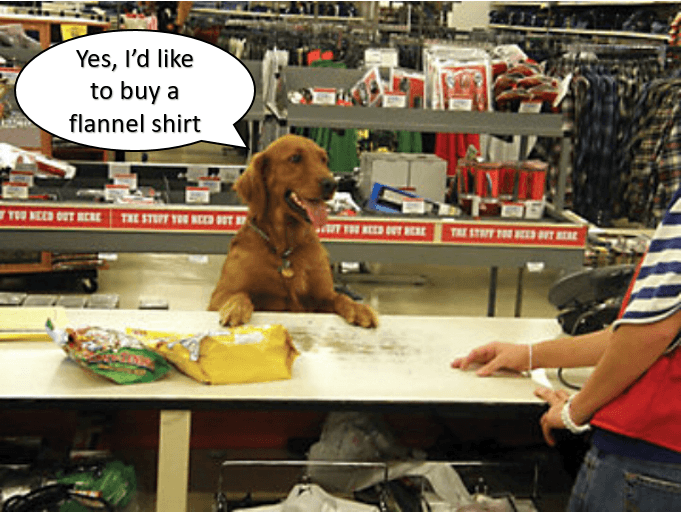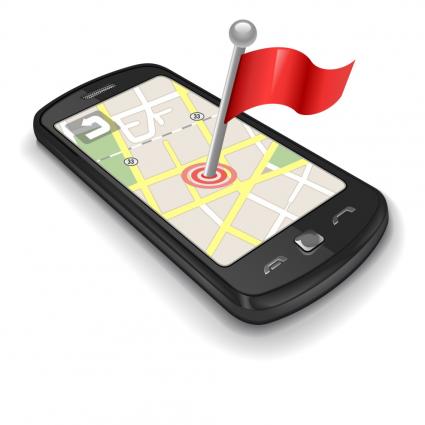MShop: what if we crowdsourced mystery shopping?

Mystery shopping is intended to give businesses insights on how customers perceive their stores. However, the current model doesn't use actual customers to conduct the mystery shopping. Surely, with the help of technology and crowdsourcing, we can change that?
Mystery shopping today
Mystery shopping hasn’t changed much since it first started in the 1940s.[1] Businesses contract market research companies to provide feedback on their store experience. These market research companies then hire contractors to go into their clients’ stores, pretend to be customers, and fill out a questionnaire on their experience. Mystery shoppers are compensated around $5-25 per shop, and occasionally also get to keep the item they bought.[2][3] 
The main problem with this model is that mystery shoppers aren’t actual customers. Mystery shoppers are not necessarily familiar with many of the stores/products they’re asked to mystery shop and their opinions may not represent those of a true customer.
Partially as a result of this, mystery shopping questions don’t see the wood for the trees. Mystery shoppers are often asked questions such as “What was the number of registered staffers” and “Was there at least one express lane open”[4] when what the business really wants to know is whether customers find the check-out process to be fast and efficient.
Furthermore, mystery shopping today is tough to scale due to cost and the need to keep the whole process a ‘secret’ from employees.
The solution is Mshop
Mshop would be a crowdsourced solution to mystery shopping. Here’s how it would work:
- Anyone with a smartphone can download the Mshop app to sign-up to be a mystery shopper. (Sidebar: I once tried to become a mystery shopper in the current model and the sign-up process was too tedious for me to complete)

- Using the power of location tracking, Mshop identifies businesses that the user actually frequents
- When the user is physically at one of these businesses, they will randomly receive an alert on their phone asking whether they would like to conduct a mystery shop
- If the user goes ahead with the mystery shop, they’ll be prompted with 5-10 questions to answer on their phone as they browse the store. (The user does not have to make a purchase to provide useful feedback)
- After the responses have been submitted, the user will receive compensation in the form of free merchandise or store credit to be redeemed on a future visit
Why it creates value
Mshop allows businesses to target actual customers and gather real feedback through their eyes. Because the responses come from customers, it’s possible to solicit more general/business relevant feedback than in today’s model (e.g., how would you rate the level of service, did we have the product you were looking for).
Customers can respond to questions instantaneously rather than having to remember all their answers and submit them through a survey portal after they’ve left. This generates greater accuracy and relevancy in responses.
The cost of Mshop will be lower than traditional mystery shopping because all users will be compensated by store credit/merchandise rather than cash (and because users are customers, store credit is something they’ll actually value). This cost-efficiency combined with the ability to solicit more responses will allow businesses to generate larger sample sizes.
Over and above receiving feedback, Mshop also works as a great mechanism for understanding customer shopping patterns (how often do customers visit, how long is each visit, what paths do they walk in-store). Furthermore, it could function as an advertising mechanism, for example, a user that often frequents restaurant A could be sent a prompt asking if they’d like to mystery shop restaurant B nearby.
MShop will capture value through charging businesses on a two-pronged system:
- Businesses pay a fee to be on the platform and receive access to data on customer behavior
- Businesses pay a variable fee per service performed (e.g., per shop, per advertisement)
Why users will love it
The main incentive for users is the fact that they are getting compensated for minimal additional effort. The lure of free items can sometimes be more attractive than the lure of money (I’ve seen many an HBS student give up an hour of their time for $6 worth of free lunch).
Beyond the compensation, most customers enjoy feeling like they matter and that their opinions are valued. The problem today is that doing so takes the form of annoying, bland and time-consuming surveys.
Well, no more! With Mshop customers can have their voices heard, and businesses can solicit extensive and useful feedback from real customers. So, what are you waiting for? Sign up to Mshop today!
[1] http://www.jobmonkey.com/mysteryshopping/what-is-mystery-shopping/
[2] https://www.learnvest.com/2013/02/confessions-of-a-mystery-shopper-how-i-made-14k/
[3] https://www.thepennyhoarder.com/jobs-making-money/side-gigs/best-mystery-shopping-companies-to-work/
[4] https://stellaservice.com/35-sample-mystery-shopping-survey-questions-for-retail-brands/



I really like this idea! It clearly creates value through cost savings and I agree that actual customers may make better mystery shoppers than hired guns. There are some challenges to address (e.g. how to prevent gaming of the system, how to obtain aggregated results representative of the full customer base), but I think you’re on to something. Take it to the i-Lab!
Thanks for the support! A friend of a friend actually gamed the hell out of a customer survey system once. That’s why I think the location tracking is a really powerful concept that helps prevent gaming.
What an interesting concept! I agree with dk_22 on the potential challenges, though I think your business model sets up the company to exert control over those challenges through thoughtful design.
This concept seems like it would be complementary to a small company in Boston called Locately. They run analytics on survey and GPS data to generate insights about shopping patterns, purchase behavior, etc. for retail clients. If you thought about developing your idea further, it might be worthwhile to see what they do. There’s an HBS PLD alum at the company.
Thanks for the recommendation! They do seem to have technology that would complement the system (although they ultimately might be a competitor haha).